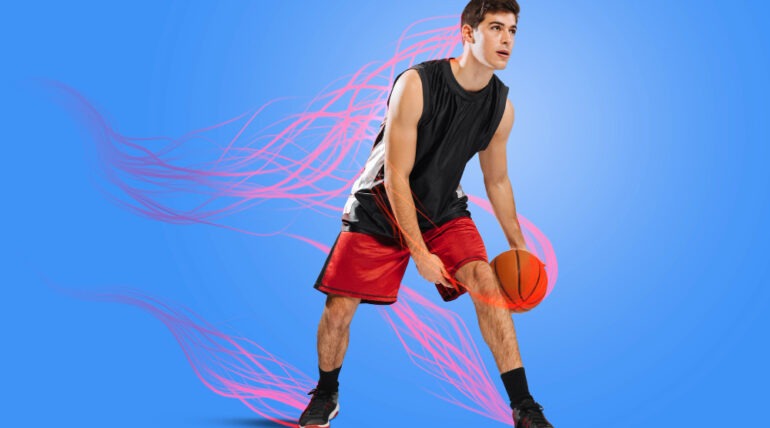
March 4, 2024
Introduction:
In today’s globalized world, the pursuit of sports transcends borders, with athletes striving to compete at the highest levels across various countries. For many aspiring athletes, securing the right visa is crucial to pursuing their dreams on an international stage. In this comprehensive guide, we delve into the intricacies of sports person visas, offering insights and practical advice to athletes, coaches, and sports organizations alike.
Understanding Sports Person Visas:
Sports person visas, also known as athlete visas or sports visas, are specialized visas designed to facilitate the travel and participation of athletes, coaches, and other sports professionals in international sporting events, competitions, or training programs. These visas are tailored to meet the unique needs of individuals involved in sports. They are often governed by specific regulations and requirements set forth by the respective countries’ immigration authorities.
Types of Sports Person Visas:
Temporary Sports Visas: These visas are typically granted for the duration of a specific sporting event, competition, or training program. They allow athletes and coaches to enter a country for a limited period to participate in their respective sports-related activities. Temporary sports visas are commonly used for events such as the Olympics, World Championships, or international tournaments
Long-Term Sports Visas: Long-term sports visas are intended for athletes, coaches, and sports professionals seeking to establish a more permanent presence in a foreign country. These visas may be granted to individuals who have secured contracts with professional sports teams, coaching positions, or academic scholarships related to sports.
Athlete Residence Visas: Some countries offer specialized athlete residence visas or permits for elite athletes who intend to train, compete, or reside in the country for an extended period. These visas are often accompanied by specific requirements, such as proof of sporting achievements, endorsements from sports organizations, or sponsorship by a recognized sports entity.
Athlete Exchange Visas: Athlete exchange visas facilitate the temporary exchange of athletes, coaches, or sports professionals between countries for training, competition, or cultural exchange purposes. These visas promote international cooperation and collaboration in the field of sports while providing valuable opportunities for athletes to gain exposure to different training methodologies and cultural experiences.

Key Considerations for Sports Person Visas or Athletes Visas:
Visa Eligibility Criteria: Before applying for a sports person visa, individuals must ensure they meet the eligibility criteria specified by the respective country’s immigration authorities. This may include evidence of sporting achievements, sponsorship by a recognized sports organization, or endorsement by a national sports federation.
Documentation Requirements: Applicants are typically required to submit a range of documents to support their visa application, including passports, visa application forms, letters of invitation or sponsorship, proof of sporting achievements, medical certificates, and financial statements. It is essential to carefully review the specific documentation requirements for each visa category and ensure all necessary documents are provided accurately and promptly.
Visa Processing Times: The processing times for sports person visas can vary significantly depending on the country of application, the type of visa being sought, and the volume of applications being processed. It is advisable to apply for a visa well in advance of the intended travel date to allow for sufficient processing time and avoid any last-minute complications.
Visa Fees and Costs: Applicants should know the visa fees and associated costs of obtaining a sportsperson visa. These may include visa application fees, processing fees, medical examination fees, and any additional charges for expedited processing or courier services. Budgeting for these expenses is essential to ensure a smooth visa application process.
Immigration Regulations and Compliance: Athletes, coaches, and sports professionals must familiarize themselves with the immigration regulations and requirements of the country they intend to visit or reside in. This includes understanding visa validity periods, entry and exit restrictions, work authorization provisions, and any other relevant immigration laws governing sports-related activities.
Visa Sponsorship and Endorsement: Securing sponsorship or endorsement from a recognized sports organization, national sports federation, or professional sports team can significantly strengthen a visa application. Sponsors may provide letters of support, confirmation of participation in sporting events or competitions, or financial sponsorship to assist with visa-related expenses.
Seeking Professional Assistance: Navigating the complexities of sports person visas can be daunting, particularly for individuals unfamiliar with immigration procedures and requirements. Seeking guidance and assistance from experienced immigration consultants, sports agents, or legal professionals specializing in sports immigration law can help streamline the visa application process and ensure compliance with relevant regulations.
Case Studies :
To illustrate the practical application of sports person visas, let’s consider two hypothetical case studies:
Case Study 1: Maria Rodriguez, a professional tennis player from Spain, has been invited to participate in the Wimbledon Championships in the United Kingdom. As a non-EU national, Maria needs to obtain a temporary sports visa to enter the UK for the duration of the tournament. With the assistance of her sports agent and the tournament organizers, Maria submits her visa application along with proof of her professional tennis ranking, tournament invitation, and travel itinerary. Her visa is approved, allowing her to compete in Wimbledon and represent her country on the international stage.
Case Study 2: American basketball coach John Smith has been offered a coaching position with a professional basketball team in China. To work and reside in China, John needs to obtain a long-term sports visa and work permit. With the support of his new employer and the Chinese Basketball Association, John submits his visa application along with his coaching credentials, employment contract, and medical clearance. After completing the visa application process, John relocates to China to begin his coaching career and immerse himself in the vibrant basketball culture of his new home.
Conclusion:
Sports person visas play a vital role in facilitating the global mobility of athletes, coaches, and sports professionals, enabling them to pursue their sporting ambitions and contribute to the international sporting community. By understanding the intricacies of sports immigration regulations, adhering to visa requirements, and seeking appropriate guidance when needed, individuals can navigate the visa application process with confidence and embark on rewarding opportunities in the world of sports. Whether competing on the world stage, coaching elite athletes, or fostering cross-cultural exchange, sportsperson visas pave the way for athletes to pursue their dreams and inspire audiences around the globe.









